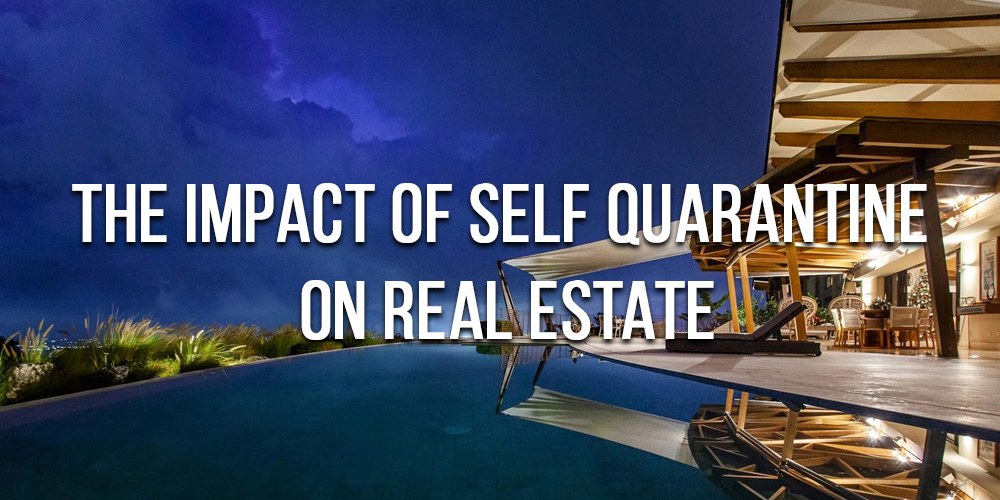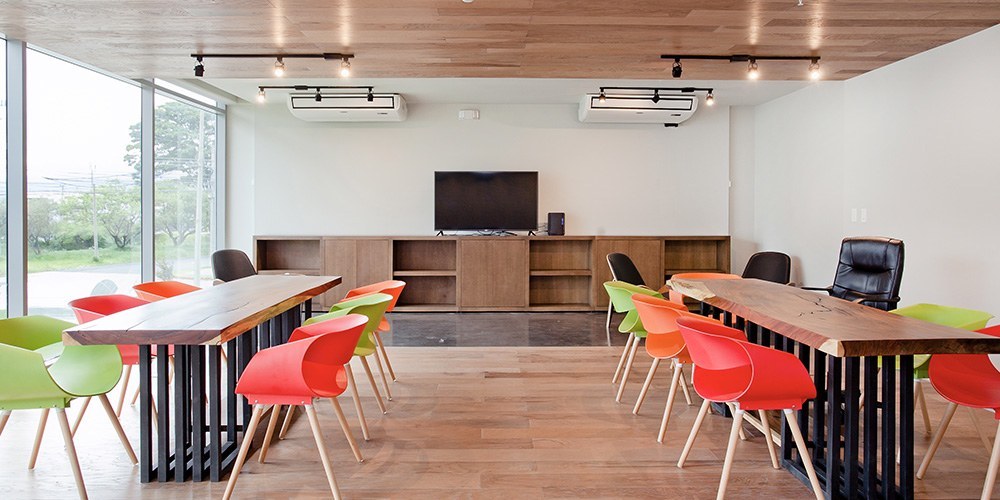
In this article, you will find the answers to the question that everyone wants to know. How is the current uncertainty and confinement going to affect the real estate market. Well, frankly, if I knew the answer to that question, I might not be writing this blog post. However, I will attempt to address some of the underlying components of the question to better predict and measure the impact. I think the obvious impact will be that this is going to impact nearly every aspect of the real estate market in one way or another. Some markets will experience price corrections as demand may slow, where others may experience stable pricing or even increases, as some home owners retreat and pull their property off of the market. The dip in supply could create inventory issues in many markets. In Costa Rica, the latter is not a likely scenario where markets have been inventory abundant for the past few years.

For a peak at where values are most likely to be impacted, and where reasonable stability might be found, we can look to the past for some hints of what we might see. While no crisis in our lifetime will likely measure both in tragedy and economic impact, the 2008 financial crisis and the events of 9/11 are our best opportunity to evaluate market reactions. Costa Rica markets react with a staggered effect compared to US markets which are nearly immediate to respond. The lack of an MLS and lower carrying costs typically allow sellers to hold before making drastic pricing decisions. As the impact of the financial market became an evident reality in 2008, only a select number of sellers came to the market with quick price reductions to move the need on the sale of their property. The majority of sellers, especially on the coast in second home segments, held on as hope for quick recovery combined with the ability to carry the costs, motivated them to hold their positions. Due to the combination of these factors, the market did not get flooded with inventory and motivated sellers were able to move their properties at a relatively quick pace for the first wave of buyers looking to capitalize on the opportunity. In the city, which is a primary market, the market had been blessed with a decade plus of increased values, hyper focused demand on the premiere communities particularly in the western suburbs. When the crisis hit, some sellers jumped to correct and likewise, were able to avoid much of the carnage while other sellers sought to wait for better times. In both markets (coastal and city) the common thread was that those who came to the market with concise and clear corrections (if necessary, as not all markets were), faired much better than those who chose to weather the storm. Many of them were forced to sell well below a more reasonable discount. Certainly, this crisis will need to be measured differently, but I would tell most sellers that if you do not need to sell, this is not going to be the time to come to market. If you are a seller that needs to sell, reach out to your agent sooner than later to discuss your specific market, and strategies to come to market, or how to sell if you are already on the market.
Beyond the price question which other financial crisis have provoked, there are further areas that this particular situation will force us to evaluate. So, how else will this impact the real estate market?
There is no time in our history where we have spent more time in our homes than the past few weeks, and those to come. So what will that reveal about the way we use our homes, what we enjoy most about them, and what areas of the home do we find less important?

Each real estate market is a sub market with very unique demands and requirements, just as each buyer has unique requirements depending on their needs, lifestyle and budget. In most markets around the globe, and no different in Costa Rica, there have been tendencies towards vertical condos, which simplify a lock and leave lifestyle, ideal for empty nesters, executive travelers, and those who want to pay for the living space that they occupy daily, while taking advantage of shared common spaces that the entire community shares (and pays for)….these communities have evolved in order to offer a tremendous abundance and sophistication of the amenities to go well beyond the community pool and clubhouse, to offer things such as co-working, kitchens, libraries, bars, lounges, gyms, spas, concierge and more. While this lifestyle is certainly not going to go away, how will confinement affect the desire to live vertically? Will the volume in demand continue or will some of these buyers or current owners, seek to go back to the green spaces that they sacrificed after the COVID stay at home conditions forced us to stay at home, and stay away from common areas and shared spaces. Have families “re-learned” the beauty of their backyard, and the fresh air and space it provides while still being at home? Only time will tell, but there are signs pointing in the direction of those communities whose lot size is above average, providing privacy, exclusivity and much treasured (today) green space. If so, will this also have an impact of the design of common area space from developers, who seek to provide their residents the comfort that they might be sacrificing by providing more ample amenities, rooftop gardens, or others to continue to set the balance in the marketplace of options?

Internally, what will be the trends that we see as a result….larger, open kitchens to share with family? Private home offices, not so much foreseeing a future pandemic, but perhaps those who have found the beauty and privilege of working from home who want to embrace that in the future? What other areas of the home, that might have either gone unnoticed, under utilized, or ignored, will start a comeback in the line of priorities?
These are all good questions, and as I heard in an intelligent interview with a governor who is dealing with the worst of this situation in the US, sometimes the questions are more important than the answers.
For now, we will continue to stay in front of this, addressing the questions and concerns that our clients have, and guiding them with insight and knowledge, in order to make the most advised decisions for themselves, and their families.


